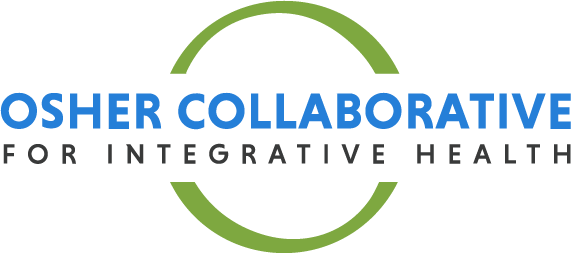New Article Published on Integrative Group Medical Visits and Health Equity

Osher Center researchers Ariana Thompson-Lastad and Maria Chao publish an article in Health Equity on how Integrative Group Medical Visits may improve access to non-pharmacologic approaches to chronic illness care and health promotion.
Abstract
Purpose: Integrative group medical visits (IGMVs) aim to increase access to complementary and integrative health care, which is particularly relevant for low-income people. We sought to describe IGMV programs in US safety-net clinics through a survey of providers.
Methods: An online and paper survey was conducted to collect data on the use of complementary health approach
es and characteristics of IGMV programs. We recruited a purposive sample of safety-net clinicians via national meetings and listservs.
Results: Fifty-seven clinicians reported on group medical visits. Forty percent worked in federally qualified health centers, 57% in safety-net or teaching hospitals, 23% in other settings such as free clinics. Thirty-seven respondents in 11 states provided care in IGMVs, most commonly for chronic pain and diabetes. Nutrition (70%), mindfulness/meditation/breathing (59%), and tai chi/yoga/other movement practices (51%) were the most common treatment approaches in IGMVs.
Conclusion: Safety-net institutions in 11 states offered IGMVs to treat a range of chronic conditions. IGMVs are an innovative model to improve access to non-pharmacologic approaches to chronic illness care and health promotion. They may advance health equity by serving patients negatively impacted by health and health care disparities.

